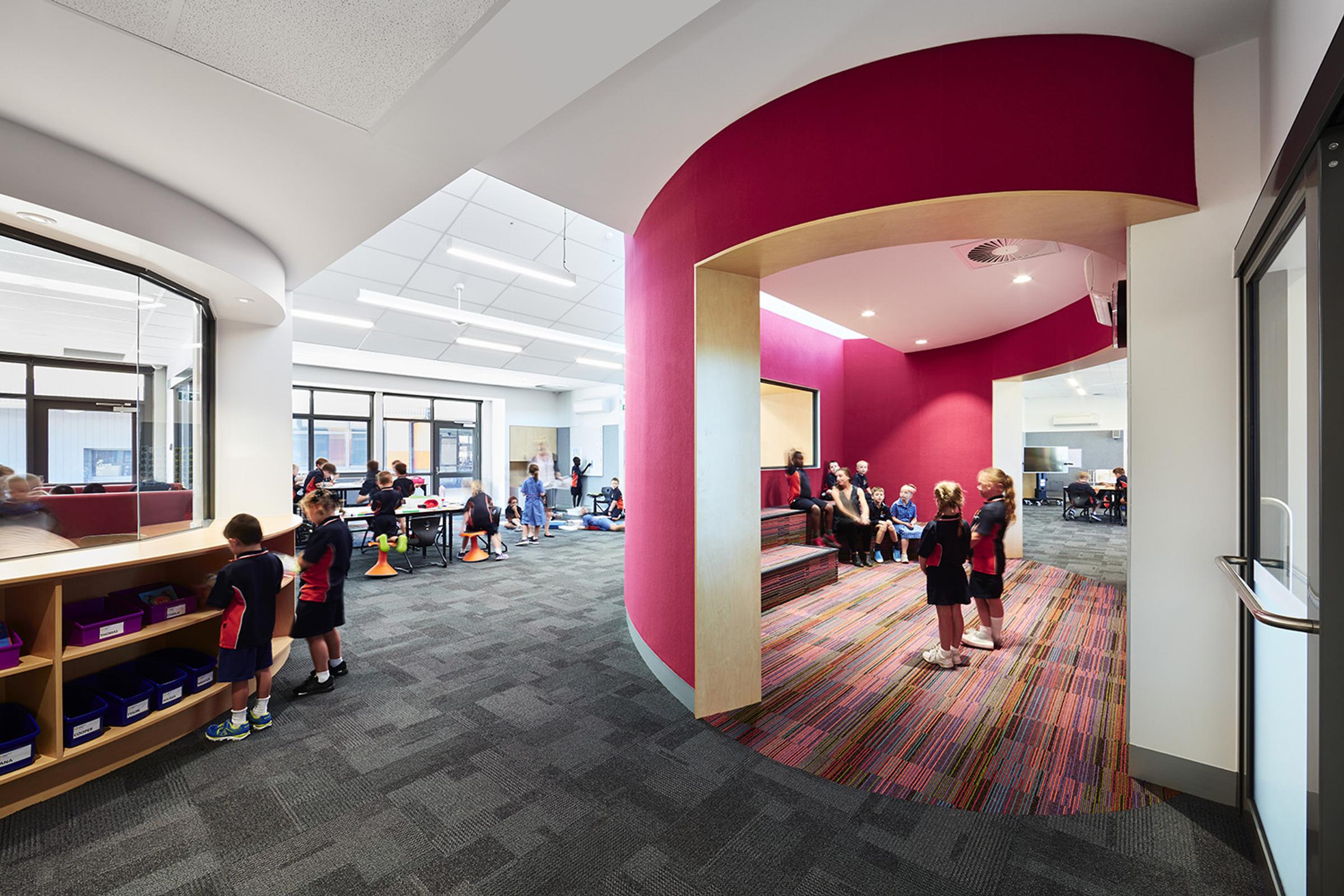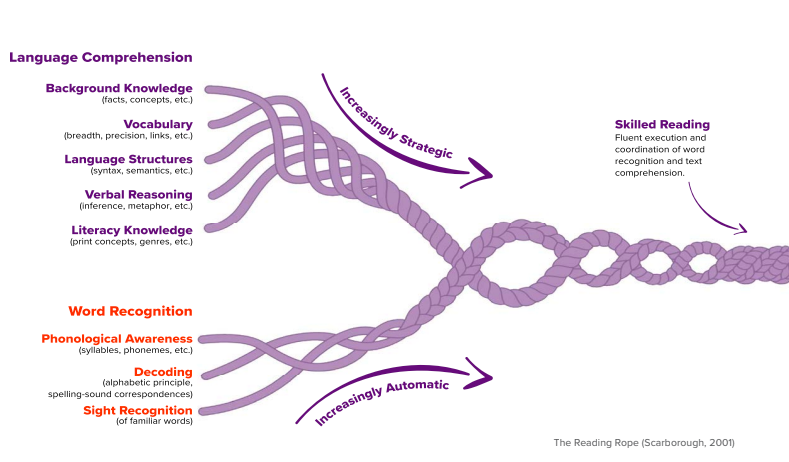A Spotlight on Learning

Highlights from the Learning Specialists
Welcome to Term 3! This term each Learning Specialist will continue to highlight and unpack some of the work that they do at ACS with a specific focus on their area of expertise to help our community better understand their core work. Each Learning Specialist has a specific focus with a focus on improving our school. You will often see their friendly faces out in the yard before and after school and they welcome you to come and say hi!
This week our focus will be with Hayley Howard where she will briefly discuss the Science of Learning and then go into more depth with the Science of Reading.
Excellence in Teaching and Learning
Hi ACS community, 👋
So, this week our focus is the Science of Learning and the Science of Reading. Some of you may have a great understanding of this and others might be thinking... science of what? And that is ok!
At ACS we really believe that to make informed decisions around student learning we need to have the best evidence available from research. Essentially the purpose of the Science of Learning is to summarise the existing research from cognitive science related to how students learn and connect this research to its practical implications for teaching and learning (Deans for Impact, 2015). This key element is important to understand first, because it connects directly to what we teach and how students learn in our classrooms regardless of the subject area they are participating in. The Science of Learning from a school perspective includes:
- Memory - strategies that improve how much students can remember things;
- Mindset, Motivation and Resilience - how to improve persistence, effort, and attitude;
- Self-Regulation and Metacognition - helping students to think clearly, helpfully, and consistently;
- Student Behaviours - The key student habits and processes that make a meaningful difference; and
- Teacher Attitudes, Expectations and Behaviours - Classroom practices and routines that support student learning.
Now that you have a general understanding of the Science of Learning this leads me into the Science of Reading more specifically. The Science of Reading is a vast, interdisciplinary body of scientifically based research about reading and issues related to reading and writing. Put simply when teaching reading the model we use is referred to as the Simple View of Reading. The Simple View of Reading has been empirically validated by over 150 scientific studies. It shows us that reading comprehension is not the sum, but the product of two components - word recognition and language comprehension - such that if either one is weak, reading comprehension is diminished. No amount of skill in one component can compensate for a lack of skill in the other.
While it is a simple view of a developmental process, skilled reading development is NOT simplistic. For a more in-depth understanding of the subcomponents within word recognition (WR) and language comprehension (LC), we turn next to Scarborough’s Reading Rope.
I'm certain by now you might be wondering how we manage to fit all of this into teaching every day to ensure your child is getting the best education that we can provide. Luckily for you we have a really great team of experts within our school that have developed an explicit English block for our whole school that encompasses each area of Scarborough's Reading Rope.
If as a parent/carer you would like to know more about this, please do not hesitate to reach out and I would be more than happy to chat to discuss or point you in the right direction to some additional resources that can be provided more specifically to the needs of your child(ren).
Hayley 🙂


